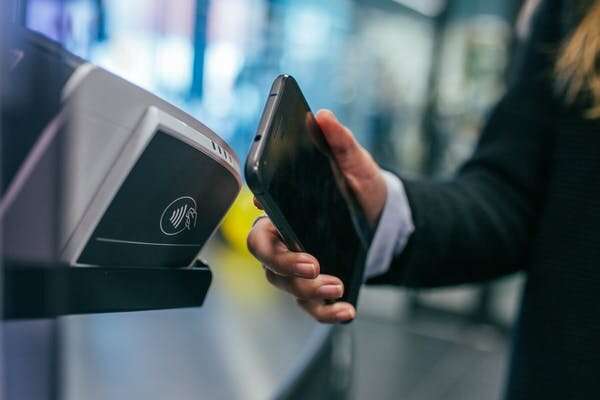
Rod Maxwell, a young Indigenous man from northern British Columbia, was forced to live on the streets of downtown Vancouver last March after his personal identification was stolen. Maxwell had traveled to the city to access health-care services unavailable in his rural community. After his identification was stolen, he was left with no alternative but to live on the streets of downtown.
He now lives and sleeps in close proximity with other people experiencing homelessness and unable to practice effective physical distancing. He doesn’t have the money to replace his personal ID. Even though family members want to purchase a transportation ticket for him, without identification he is unable to get on a bus or train. There are organizations in Vancouver that would normally help with replacing his ID, but due to COVID-19 these services have been temporarily suspended.
This case sheds light on the issue of personal identification for marginalized and underserved people who are made further vulnerable because they lack forms of official identification. Ultimately he is a bureaucratic hostage. An apt metaphor for someone rendered exceedingly vulnerable and marginalized due to being without identification at a time when it is vital to have but nearly impossible to obtain.
Surviving COVID-19 without ID
Individuals living without personal identification are unable to access most, if not all, of the health, social and economic supports available during the current pandemic. There are many individuals living without forms of essential identification like a birth certificate, health card, social insurance number (SIN) and driver’s license. Without these forms of ID it is nearly impossible to access necessary income and health supports.
Government agencies like Service Ontario and Service Canada have reduced their hours in response to COVID-19 restrictions. Non-profit organizations that normally hold ID clinics, cover the costs of obtaining personal identification or provide a mailing address have been forced to reduce or altogether eliminate their services during the pandemic.
To avoid creating more bureaucratic hostages in a time of crisis, policy and emergency responses must deal with the needs and circumstances of the most marginalized people in our society.
Businesses and essential services have implemented physical distancing rules to limit person-to-person contact. Notably, many are asking customers to pay using debit and credit cards or e-transfers instead of cash. This comes along with increased efforts by government agencies to transition to e-banking for the distribution of income supports during the current pandemic.
Discouraging the use of paper money and unnecessary face-to-face contact during the pandemic is reasonable. However, there are many people who are unable to go cashless. Such measures risk excluding individuals who are already vulnerable.
Many people live without access to financial institutions for a variety of reasons including a lack of birth certificate or other forms of personal identification. In Canada, for instance, financial institutions require two pieces of personal identification to open an account: a photo ID with signature (not including a health card) and a SIN. However, a birth certificate is required to obtain the required forms of ID. To get a SIN, for example, individuals need at least a birth certificate and access to a broad range of parental information that some may not have, including primary documents (not photocopies). Without these forms of ID it is virtually impossible to obtain a bank card, effectively barring people from the cashless economy.
Many individuals and families who are experiencing economic hardship during this period rely on food banks. Most food banks in Canada require personal ID for individuals to access their services. While it is difficult to know exactly how many Canadians are without ID, reputable sources conservatively estimate the number to be in the thousands.
Our preliminary research suggests the numbers may be much higher in the territories and northern areas of provinces, where there is limited access to health-care resources and social services. Many people simply do not have access to those documents and information, cannot afford the added cost of a personal ID application or lack a fixed address to receive the documents, all of which means that it is nearly impossible to obtain personal identification now that they need it most. A lack of ID and the systemic barriers that make it difficult to acquire identification operate within a structure of existing social and economic inequalities in our society.
Policies should not be implemented if they render people bureaucratic hostages and make it almost impossible for those who most need assistance to get help.
Modest interventions can make a big difference
Relatively straightforward bureaucratic fixes can have a meaningful impact. Governments should reduce or eliminate fees associated with birth certificate applications. Our research finds that even birth certificate applications fees as low as $25 still present a major barrier for many low-income individuals.
Why not waive fees altogether? Providing people with birth certificates should not be a fee-driven service as this unintentionally imposes yet another obstacle to possessing ID for many people, particularly low-income people.
Governments should also reduce bureaucratic requirements for obtaining a birth certificate especially during crisis periods. Some requirements for birth certificate applicants—like mother’s maiden name at time of birth or physical signatures—also present major barriers, particularly for people with deceased or estranged parents.
Source: Read Full Article
